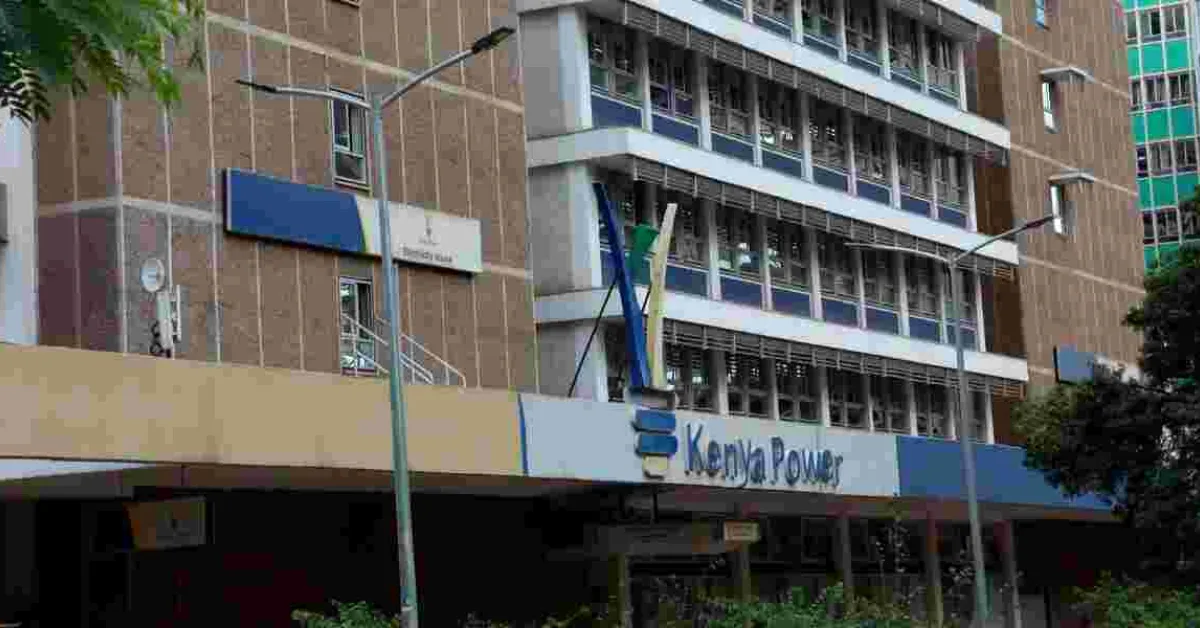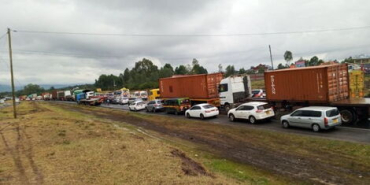How Kenya Power insiders looted Sh207M in massive fuel scam

Auditor-General Nancy Gathungu's latest report has uncovered a massive fraud scheme at Kenya Power, where employees collaborated with security personnel and transport contractors to misappropriate over 1.1 million litres of diesel, valued at approximately Sh207.65 million.
The fuel, meant for off-grid power stations in Turkana County, was systematically diverted over 26 months from October 2021 through December 2023. The comprehensive audit reveals an intricate network of collusion involving company staff, security guards, and fuel tanker operators. The gravity of the situation has prompted investigators to expand their scope to other counties with off-grid facilities, particularly since the implicated transporters also service these additional locations. Kenya Power maintains 15 primary off-grid stations nationwide with a combined capacity of 27.867 megawatts, serving communities beyond the national power grid's reach.
The consequences of this extensive theft have been severe, with numerous areas experiencing prolonged power disruptions. Some communities have endured blackouts lasting several months, while others have gone without electricity for more than a year. The financial impact extends beyond immediate losses, as operational costs for off-grid stations directly influence consumer electricity prices through the monthly-adjusted Fuel Energy Charge. When confronted with these findings, Kenya Power Managing Director Joseph Siror acknowledged an ongoing investigation into potential fuel delivery shortfalls but expressed surprise at the scale of employee involvement.
"I am, however, aware of [an] investigation that is still active on possible short deliveries by the fuel supplier," Siror stated.
This incident follows a pattern of irregularities within the utility company. In the previous financial year, employees were found to have improperly distributed meters worth Sh17.47 million in the Central Rift Valley region. The audit report notes management's failure to provide evidence of preventive measures or to investigate the potential spread of such practices to other regions. The Electricity Sector Association of Kenya (Esak) has responded by advocating for comprehensive sector reforms. Chairman George Aluru emphasizes the urgent need for increased competition in power generation and transmission services.
He cautions that without licensing additional independent power producers (IPPs), the country might face power rationing within three years. Aluru also suggests a review of electricity-related taxes and levies, along with exploring cost-effective alternatives for thermal plant fuel.














Add new comment